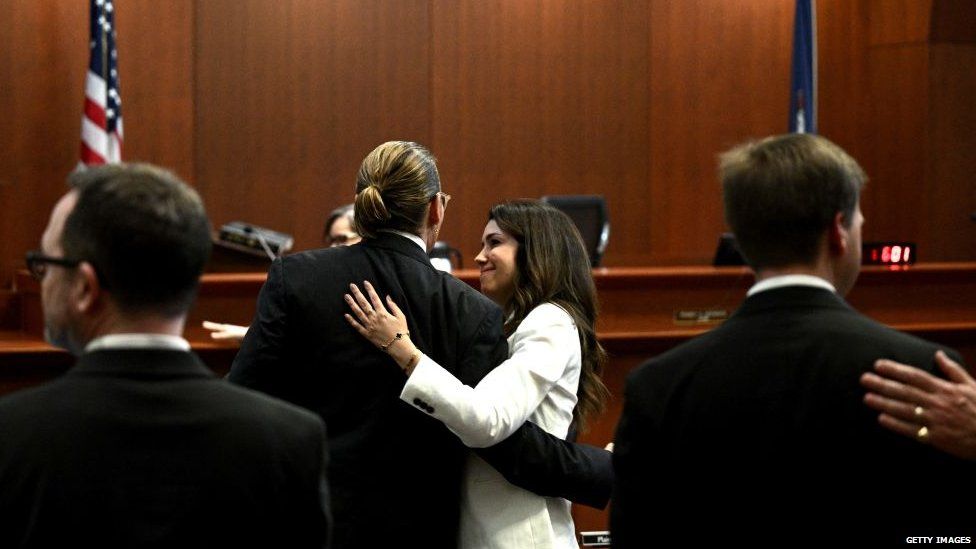Today we will provide information and reviews about Reinvent the Law: Lost Solos in Transition
Read the following article to get more information.
I didn’t attend ReinventLaw, but I would have loved to. With four cases pending at various stages in the DC Circuit and my daughters in the midst of school activities, traveling across the country for even a day was out of the question this time. So I settled for tracking the conference via the #reinventlaw hashtag feed, which, while consistent, only provided a small keyhole view of the full event.
While I’m not sure I’d call many of the concepts raised in ReinventLaw novel (many have been tried before, albeit in more rudimentary forms), what is new is both (1) the speed of these trends; (such as virtual offices, online forms, corporate outsourcing ala Axiom, and alternative research services) are gaining mainstream traction and (2) recognizing the importance of these developments on campus—ReinventLaw, after all, is the brainchild of two MSU professors, It’s Rennie. Knacke and Daniel Katz. Technology and politics are driving these changes. Technology is giving us powers we never had before, while the recent deregulation of UK markets is creating financial opportunities that can fill the vacuum left by the explosion of big rules. And of course, there is also the prospect of expanding meaningful access to justice, which has always been one of my goals with this blog.
But if there is to be real change in our profession, it must include both solo and small firm lawyers. And while I have emphatically claimed that singles and minis are the most creative attorneys. Those who have historically driven innovation in the profession—if only out of necessity or desperation—us singles and smalls can’t always rush headlong into the land of tomorrow without compromising the needs of our customers today.
This tension between the promise of tomorrow and the reality of today is echoed in Fishtown attorney Jordan Rashi’s comments on Scott Greenfield’s post The Law of Reinvention or What I Did on the Verge of Destruction (also between Scott and Dan Katz, who have a back-and-forth, There is a reinvention). From what I know of Jordan, he’s not against technology – it’s just that the courts he practices in haven’t gotten up to speed on the concept of “paperless” and still sign on hard copies in ink. Compared to electronically signed images on the iPad. I myself have raised similar concerns in my efforts to “eliminate billable hours” – because I don’t want to forever get rid of timekeeping, ethics rules, and the courts’ requirement to document hourly billing to support attorneys’ fees. Requests keep me from going everywhere.
Just as the Reinvent Guard despairs of lawyers who don’t use e-mail or scoff at virtual offices, those of us who practice law are frustrated by the assumption that solo lawyers don’t know how to turn on a computer or fail to recognize That we cannot sacrifice our customers on the altar of change. For example, while I love lecturing in court about why insisting on eight paper copies is a stupid waste of time that drives up my client’s bill, taking the stand only costs my clients in the long run: The judge will either assume that my work was rubbish due to my limited budget or that I’m a loser lawyer who can’t attract better paying clients. And so, like so many other inequities and follies in law, I—and most solos and small practices I know—just kill it and perpetuate a flawed system because clients come first (if we can’t get buy-in). In this sense, then, we might as well remove the law and go home now).
It’s not just customers who are holding Solo back. Its concerns about our livelihoods too – though not in the way many imagine. Often, lawyers jump on any new marketing platform that claims to expand access to justice, not because we want to protect the Earth, but because our licenses are on the line if one of these companies goes under. They are delayed. This has happened at least once before with Total Attorneys’ pay-per-lead system, where the Connecticut Bar brought disciplinary charges against attorney participants for involvement in what was alleged to be a pay-for-referral system.
One solution to minimize lawyers’ reluctance to experiment is to create a uniform ethics system and remove ethical decisions from behind the copyright wall so that we lawyers can at least judge the ethics of a particular service. (Incidentally, there’s a lot of talk in Reinvent about the liberalization of the law, but no mention of the harmful effects of secretive moral beliefs governing lawyers). The approach I have taken to facilitate the transition to Legal Practice 3.0 for lawyers is through the 21st Century Keeper Program, which provides lawyers with practical advice on how to implement 21st century practice trends such as digital documents, social media, alternative costs, cloud and outsourcing. . in an ethical manner by revising their retainer contracts.
Perhaps those lawyers who are derided by futurists—those who are truly so backward that they don’t even know what to ask—have the easiest job—they don’t even know what’s coming. But for the majority of us—singles and littles, eager for the future and all the promise that change holds for our justice system, but clinging to the past out of necessity, not nostalgia—we are lost in transition. There is a race between today’s clients and tomorrow’s law. Those driving this train forward need to understand the importance of bridging the gap, not severing all ties.
Old and new architecture photo by Shutterstock


